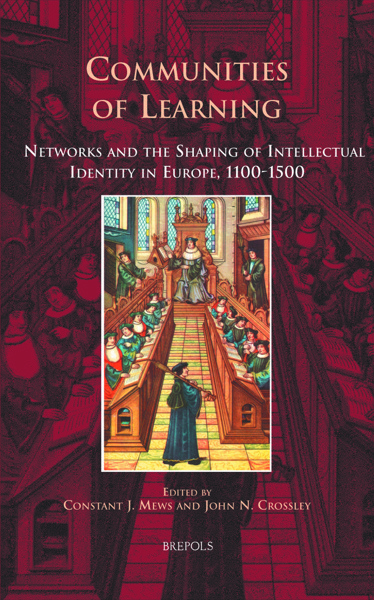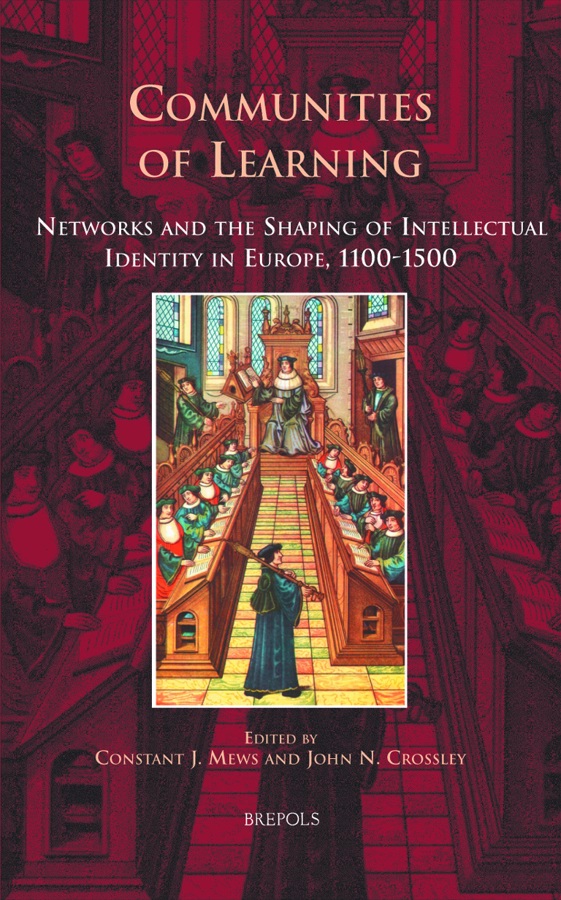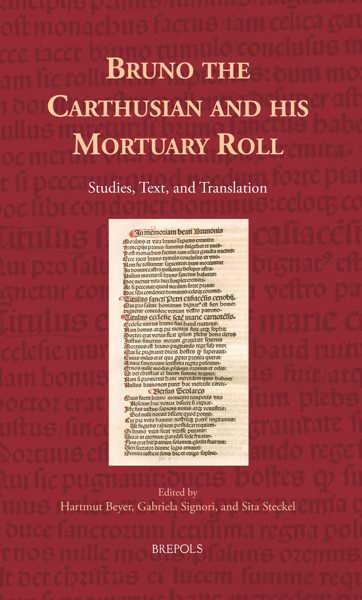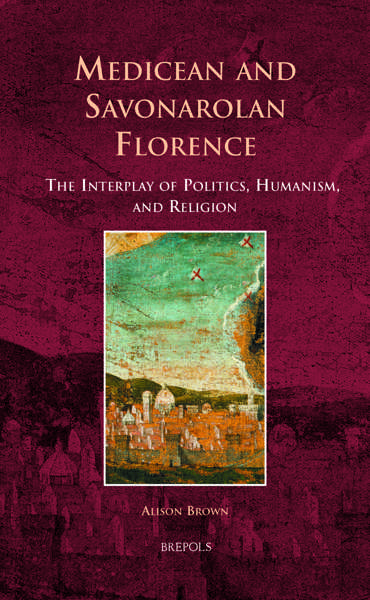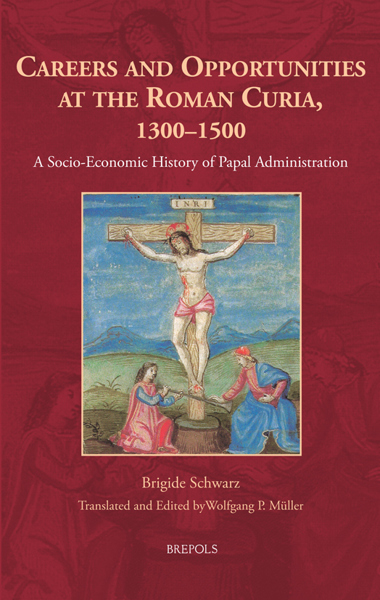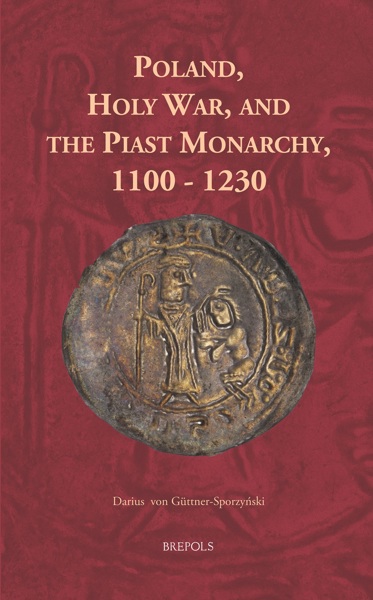
Communities of Learning
Networks and the Shaping of Intellectual Identity in Europe, 1100-1500
Constant Mews, John N. Crossley (eds)
- Pages: viii + 368 p.
- Size:156 x 234 mm
- Illustrations:1 b/w
- Language(s):English, Latin
- Publication Year:2011
- € 80,00 EXCL. VAT RETAIL PRICE
- ISBN: 978-2-503-53233-2
- Hardback
- Available
- € 80,00 EXCL. VAT RETAIL PRICE
- ISBN: 978-2-503-53768-9
- E-book
- Available
"The remarkable and welcome papers collected in this volume, with a broad spectrum of different approaches, no doubt extend our knowledge on learning and intellectuals in the later Middle Ages, (...)." (Hans-Werner Goetz, in: The Medieval Review, 12.10.24)
Communities of Learning: Networks and the Shaping of Intellectual Identity in Europe, 1100-1500 explores the fundamental insight that all new ideas are developed in the context of a community, whether academic, religious, or simply as a network of friends. The essays in this volume consider this notion in a variety of contexts and locations within Europe, from the pioneering age of translation activity in twelfth-century Toledo, when Jewish, Christian, and Muslim scholars came together to discuss Aristotle, to the origins of the University of Paris in the thirteenth century, and up to the period of great cultural renewal in France, Germany, and Italy in the fourteenth and fifteenth centuries. The collected essays bring together disciplinary approaches that are often discussed quite separately, namely that of the history of ideas, and the sociologies of both intellectual and religious life, with a view to exploring the multiplicity of communities in which ideas are pursued. Underpinning these various essays is an awareness of the delicate relationship between education and the diversity of religious practice and expression within Europe from 1100 to 1500. The collection emphasizes the fundamental continuity of intellectual concerns, which were shaped by both classical thought and monotheist religious tradition, but interpreted in a variety of ways.
CONTENTS
Introduction - CONSTANT J. MEWS AND JOHN N. CROSSLEY
Communities of Learning in Twelfth-Century Toledo - CHARLES BURNETT
Religious Diversity and the Philosophical Translations of Twelfth-Century Toledo - ALEXANDER FIDORA
A Community of Translators: The Latin Medieval Versions of Avicenna’s Book of the Cure - AMOS BERTOLACCI
Nature and the Representation of Divine Creation in the Twelfth Century - WILLEMIEN OTTEN
Textual Communities of Learning and Friendship Circles in the Twelfth Century: An Examination of John of Salisbury’s Correspondence - CARY J. NEDERMAN
Communities of Learning in Law and Theology: The Later Letters of Peter of Blois (1125/1130–1212) - JASON TALIADOROS
Communities of Learning and the Dream of Synthesis: The Schools and Colleges of Thirteenth-Century Paris - CONSTANT J. MEWS
Studying Musica in Thirteenth-Century Paris: The Expectations of Johannes de Grocheio - JOHN N. CROSSLEY AND CAROL WILLIAMS
The Exchange of Ideas About Music in Paris c. 1270–1304: Guy of Saint-Denis, Johannes de Grocheio, and Peter of Auvergne - CATHERINE JEFFREYS
Marian Devotion in Thirteenth-Century France and Spain and Interfaces Between Latin and Vernacular Culture - EARL JEFFREY RICHARDS
The Bond of Aristotelian Language Among Medieval Political Thinkers - MARY ELIZABETH SULLIVAN
Christine de Pizan: Isolated Individual or Member of a Feminine Community of Learning? - KAREN GREEN
Reformatrices and Their Books: Religious Women and Reading Networks in Fifteenth-Century Germany - JULIE HOTCHIN
‘Doctrine, When Preached, Is Entirely Civic’: The Generation of Public Theology and the Role of the Studia of Florence - PETER HOWARD
Creating a Union: Ritual and Music at the Council of Florence - FRANKIE NOWICKI
Notes on Contributors
Index
